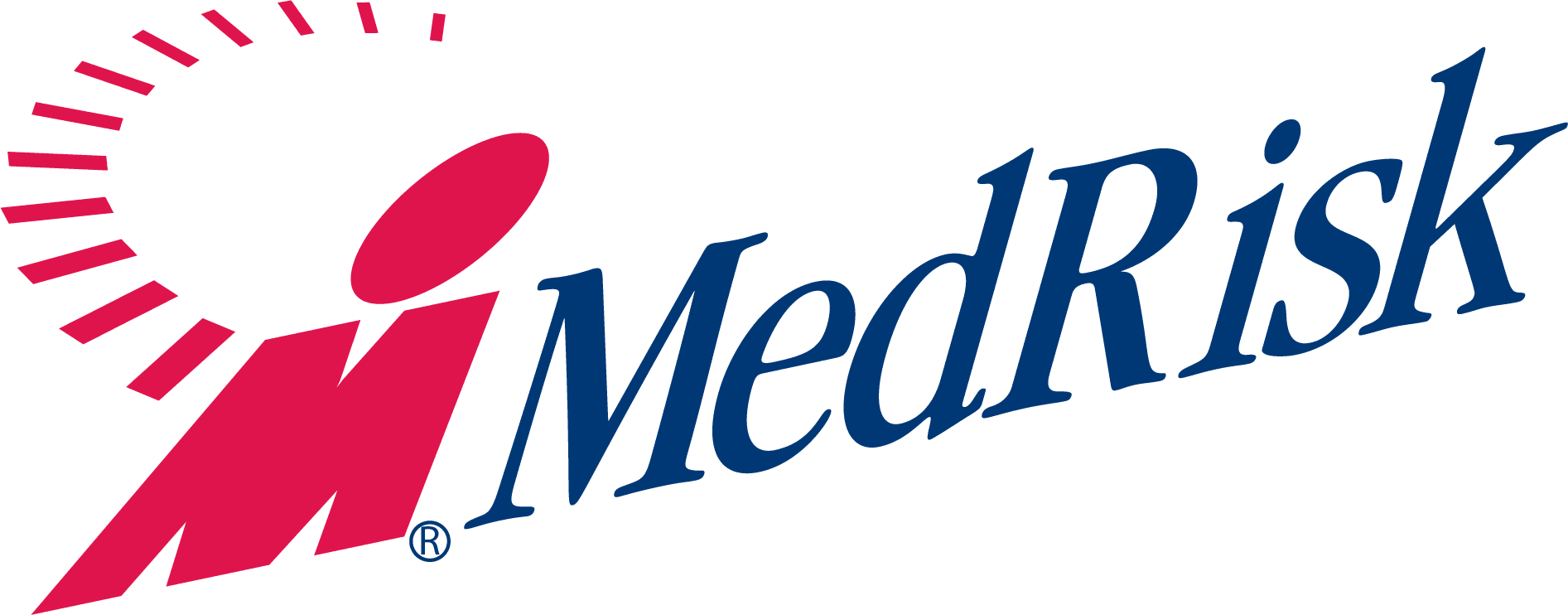
MedRisk’s 2021 Outlook Helps Payers Plan for Upcoming Year
MedRisk, the leader in physical rehabilitation in workers’ compensation, has published its 2021 Outlook.
The industry trends report prepares payers for managing the effect COVID-19 has had on musculoskeletal claims, recaps pertinent 2020 legislative/regulatory actions, and highlights recent research.
“Researchers predicted it would take about 45 weeks to catch up with a backlog of surgeries and other medical procedures postponed because of COVID,” said COO Mary O’Donoghue. “Our data reflects this with significant fluctuations in post-surgical PT referrals as states closed and reopened, and this could happen again as cases spike.”
Post-surgical or not, some workers’ comp patients did not start or continue physical therapy during the pandemic. Soft tissue injuries that do not receive timely physical therapy treatment tend to have higher medical and indemnity costs than similar claims without delays in physical therapy treatment, according to the Workers’ Compensation Insurance Rating Bureau-California October 2020 study, highlighted in MedRisk’s Outlook.
MedRisk moved quickly to facilitate fast time to treatment during COVID restrictions, leaning on its International Scientific Advisory Board to incorporate its metrics with CDC guidelines to help adjusters and patients decide if in-clinic or telerehabilitation care was most appropriate.
“We also expanded hours and the type of cases treated via telerehab, working closely with adjusters and network providers on necessary transitions,” said O’Donoghue. “We saw excellent outcomes and high levels of patient satisfaction.”
Depression, anxiety, and substance abuse rose significantly during 2020, according to the CDC and the American Medical Association. MedRisk’s data also showed a significant increase in self-reported anxiety and depression among injured workers. These psychosocial factors can result in delayed recovery.
“Insurers, TPAs and employers need to prepare for the long-term impact of COVID on the duration of care and total medical costs,” O’Donoghue said. “Our new predictive analytics platform and proactive interventions can help identify the high-risk patients and help reduce total claims cost – not just PT.”
About MedRisk
Based in King of Prussia, Pennsylvania, MedRisk is the largest managed care organization dedicated to the physical rehabilitation of injured workers. Clinically driven since its inception, the company has an International Scientific Advisory Board that developed and maintains physical medicine-specific, evidence-based guidelines for workers’ compensation. MedRisk, which has successfully completed a SSAE 18 SOC Type 1 and 2 examinations, ensures high quality care and delivers outstanding customer service. For more information, visit www.medrisknet.com or call 800-225-9675.




